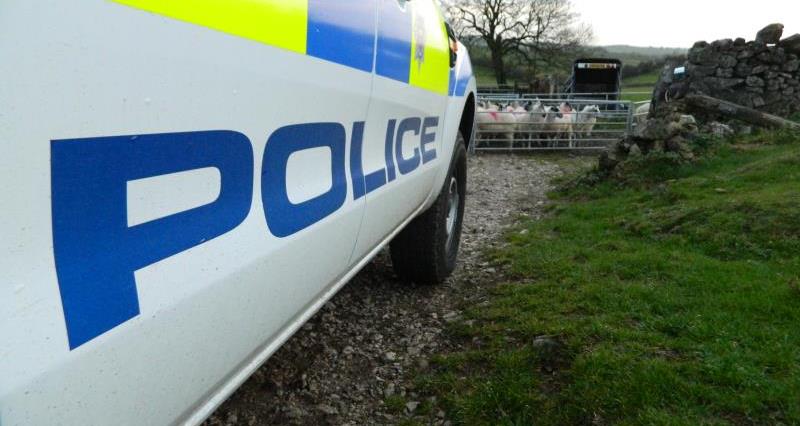The CPS has brought together in one place all of its guidance on Wildlife, Rural and Heritage Crime.
Each CPS Area has a crown prosecutor dedicated to act as a Wildlife, Rural and Heritage Crime Coordinator to ensure the specialist knowledge needed to prosecute such offending is readily available. The coordinators work closely with specialist officers from their local police forces as well as officers from the National Wildlife Crime Unit (NWCU).
The guidance has been produced following meetings that the NFU has had involving the CPS and other key stakeholders to discuss actions against rural crime. The NFU has already welcomed the production of the CPS hare coursing guidance in 2018.
The NFU is pleased that the CPS recognises that:
Rural crime is often linked to Organised Crime Groups (OCGs) who target and exploit rural communities across a range of crime types for example organised plant theft, livestock theft, burglaries targeting firearms, poaching and hare coursing.
The police led Regional Organised Crime Units (ROCUs) have demonstrated that offenders involved in organised acquisitive crime such as ATM rip out offences also target remote communities, laundering their proceeds through other activities, for example gambling at illegal hare coursing events.
Wildlife Crime
Wildlife crime can be defined as any action which contravenes current legislation governing the protection of wild animals and plants. This includes:
- Hare coursing, fish and deer poaching
- Illegal badger persecution including baiting, shooting, snaring, lamping, poisoning and the interference of badger setts
- Bat persecution
- Bird of prey persecution through poisoning, trapping, shooting, disturbance of nest and/or theft of chicks, egg theft/collection
- The trade in ivory, tortoises, and other protected species covered byCITES (Convention on International Trade in Endangered Species)including caviar, Traditional Chinese Medicines, and orchids, and the non-registration of certain birds and animals that require licensing through DEFRA/Animal and Plant Health Agency if kept in captivity or sold.
Rural Crime
There is no set definition of rural crime however it can be very broadly classified as any crime and anti-social behaviour occurring in rural areas.
The National Police Chiefs Council has developed aRural Affairs Strategywhich sets out police priorities in this area:
- Farm machinery, plant and vehicle theft - including quad bikes, modern and vintage tractors, tools and equipment from outbuildings
- Livestock offences - including theft, worrying and attacks
- Fuel theft - including heating oil, diesel and petrol
- Equine crime - including horse trailer and horse box theft, horse theft, tack theft, fly grazing and neglect
- Fly tipping - including household and commercial waste, waste through organised criminality
- Poaching which crosses over with the wildlife priorities - including hare coursing, deer poaching, fish poaching.
Heritage Crime
The CPS is a signatory to the Heritage and Cultural Property Crime Memorandum of Understanding (MoU) which was last updated in 2019. The MoU defines Heritage crime as:‘Any offence which harms the value of England’s and Wales’ heritage assets and their settings to this and future generations and includes all offences involving cultural property.’
Heritage assets include:
- Listed buildings;
- Scheduled monuments;
- Protected marine wreck sites;
- Registered Battlefields;
- Registered Parks and Gardens;
- Conservation areas;
- Protected military remains of aircraft and vessels of historic interest
- World Heritage Sites; and
- Undesignated but acknowledged heritage buildings and sites.
